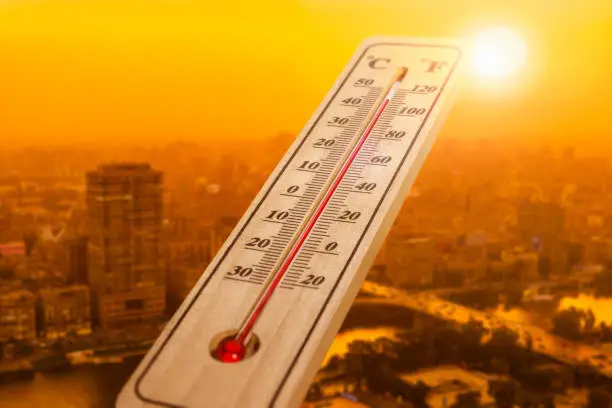MUHAMMADIYAH.OR.ID, YOGYAKARTA – With rising global temperatures and increasingly hot weather in Indonesia, the Chairperson of Muhammadiyah dr. Agus Taufiqurrahman urged the public to take precautions against heat-related illnesses.
Agus Taufiqurrahman, who is a neurologist, highlighted the potential health risks associated with prolonged exposure to high temperatures. Dehydration, he explained, is a common consequence of excessive heat, and it can lead to serious health problems.
“One of the early signs of dehydration is a decrease in sweating. If you’re sweating profusely, especially in a hot environment, it’s a good sign that your body is still regulating its temperature. However, if you’re not sweating at all, it could indicate dehydration,” said dr. Agus at the Muhammadiyah office, Yogyakarta, on Monday, October 14.
The neurologist noted that the relationship between sweating and dehydration can vary depending on geographic location. For instance, people living in arid regions like Saudi Arabia may not sweat as much due to acclimatization. However, in such environments, even a slight decrease in sweating can be a cause for concern.
“In Saudi Arabia, people are advised to drink at least one glass of water every hour to prevent heatstroke. While the exact amount of water needed may vary, the general recommendation for adults in Indonesia is to drink around 1.8 to 2 liters of water per day,” said dr. Agus.
To combat the effects of heat, dr. Agus advised people to stay hydrated by drinking plenty of water, especially during hot weather. He also cautioned against excessive consumption of sugary drinks and caffeine, as these can contribute to dehydration.
The neurologist also highlighted the importance of limiting consumption of colored drinks, such as tea, especially for individuals who are prone to kidney stones.
“Tea can interfere with the body’s ability to absorb iron from food and can also contribute to the formation of kidney stones,” he explained.







